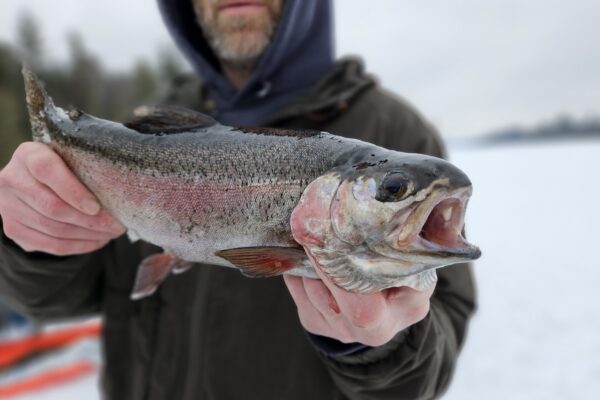Analyzing the environmental regulation process in Minnesota
The Minnesota Supreme Court in August ruled that the state’s Pollution Control Agency improperly granted permits to a fiercely contested copper-nickel mine and concealed environmental concerns about the project, which critics say threatens to pollute Lake Superior and hurt tribal lands.
The proposed mining project, a 50-50 joint venture with PolyMet Mining and Teck Resources, was renamed NewRange Copper Nickel in February but is still widely known as PolyMet. The Associated Press reports that the venture seeks to be Minnesota’s first copper-nickel mine, but it has long been stalled by court and regulatory setbacks.
The Minnesota Supreme Court’s 6-0 ruling against the state’s Pollution Control Agency once again derails the long-sought project, directing the state agency to reconsider the permits.
Justices found that state regulators not only ignored concerns from the federal Environmental Protection Agency about the northeastern Minnesota mine, but attempted to conceal EPA warnings from the public.
The Minnesota Pollution Control Agency “and the EPA sought to avoid public scrutiny and to hide the risk of illegal water pollution from the public eye,” Justice Anne McKeig wrote in a concurring opinion. “This secrecy is unacceptable.”
Meanwhile, last week on WTIP, Minnesota State Sen. Grant Hauschild, who represents Cook County and a large section of northern Minnesota in the Legislature, said he supports the process by which the state’s regulatory process works with regard to things like permitting a proposed copper-nickel mine.
“I have to trust the experts that do this work every day to inform me. As a policymaker whether or not something can be done safely, I am not a refinery expert. I’m not a mining expert. I’m not a fire expert. But we have a state government set up in a way that we have experts that do these regulatory evaluations. And I have to be able to trust that process. That’s not to say that I can’t provide some transparency, that I can’t dig in and learn more and challenge them on what they’re doing. But at the end of the day, we have to have a process that’s objective. What terrifies me is that mining becomes a political football game. And we elect a president based on our opinion on mining, because then it becomes less objective, and it becomes simply political. And that’s not good for anybody. If these decisions are made politically, then we all lose. I’d rather be objective scientific and figured out and if it can’t happen, then that’s, you know, then that’s the decision. But at the end of the day, I want it to be objective.
When WTIP asked the state senator if he has faith that the MPCA, the DNR, and others can make a fair and balanced and accurate decisions about things like copper nickel mining, Hauschild responded: “I do. Yeah, I do.”
Paula Maccabee is the advocacy director for Water Legacy, a nonprofit organization in Minnesota that follows environmental issues statewide, including many in the WTIP listening area.
In a previous interview with WTIP, Maccabee said there needs to be ‘grassroots’ efforts to change laws, influence environmental issues and create change when it comes to protecting the woods and waters of Minnesota. The recent example of the MPCA and EPA changing the state’s water rules and regulations should concern everyone, she said.
“To say that this is pollution deregulation 101 I think is an understatement,” Maccabee said. “What the Minnesota Pollution Control Agency has done is put their own interests in not having conflict with corporate polluters, and put the interests of the corporate polluters far above those of clean water, nature or the communities, both plant and animal and human, that rely on having clean water.”
At a public hearing in 2021 regarding changes to the state’s water regulations, April McCormick, a member of the Grand Portage Tribal Council, said the new rules are “under protective” and only benefit large industries seeking to avoid regulation.
Maccabee maintains that the pollution and overall environmental regulatory process at the state and federal level is “broken.” Big business, corporations and the constant drive for economic growth tend to rule the land, Maccabee suggested. Within this realm, the concerns of citizens, including Minnesota tribes, occasionally are viewed as a formality and a part of the process as opposed to actually impacting the outcome, she said.
WTIP’s Joe Friedrichs spoke with Maccabee in late October, following the Oct. 27 interview with Hauschild. Listen to the full interview in the audio shared below.














